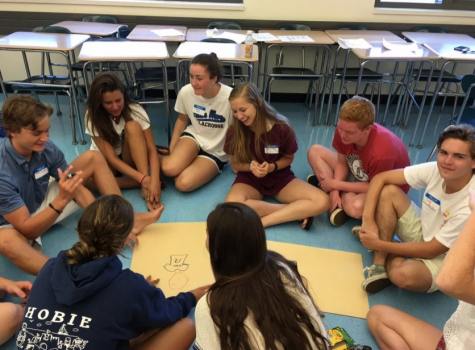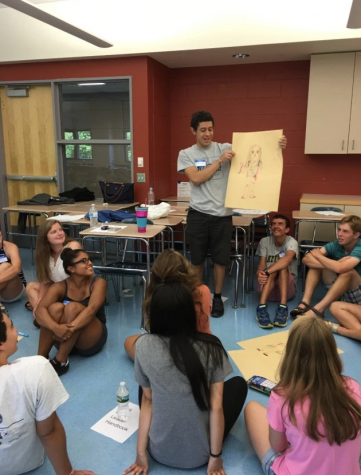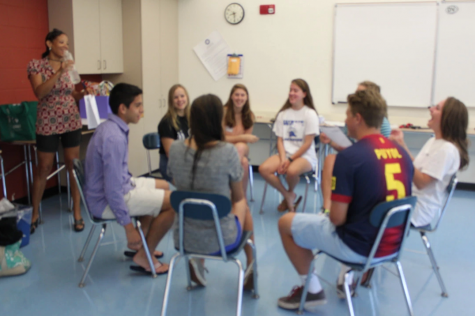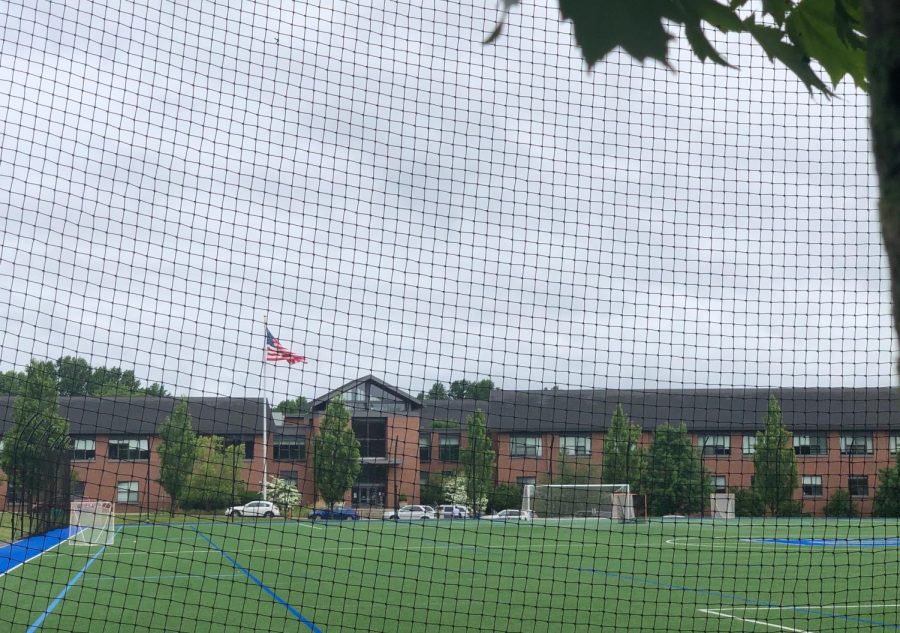DHS Revises the Link Leader Program
Three Branches of Leaders explained, as well as reactions from some applicants
You open your laptop and log into your school email, anxious for the news. You have recently submitted an application to be a Link Leader, helping the incoming freshman transition into high school. You wait nervously as your new mail loads, and open the message that will decide how you spend your advisory and free periods for the next year. “Dear Student,” it reads, “Thank you for your interest in joining the Link Leader program for the 2019-2020 school year!” That’s… confusing. Usually you search for the customary “congratulations” at the top of the page. It isn’t there, yet you can’t locate “we regret to inform you” either. Strange.
You read on. “Due to the tremendous number of applicants to the program, we will be placing our Link Leaders into groups that will be facilitating different aspects of our program outside of Advisory.” Okay, so the program is changing. It seems the school doesn’t know how yet, but that’s the least of your worries. Will the entire applicant pool be accepted? Were you among the chosen few in this “tremendous” pool?
“We are working on finding ways to have all our applicants be involved in building a greater sense of community at our school,” you read. Will they all be Link Leaders? What will you put on your college application, some new title?
“We look forward to working with you to expand the program next year to include more frequent interactions with the 9th graders and more work toward building a positive school culture.”

The Link Leader program is a long standing tradition at DHS. Senior applicants are assigned to a freshman advisory, where they council the new class and help them transition into the school. They are also involved in orientation and a number of other events designed to further ease the transition. This year, however, it seems the program is changing. In a follow up email sent five days after the initial announcement, Assistant Principal Ms. Kate Dimoulas and history teacher Ms. Cathy Fulton describe the changes to be made to the program.
Advisory Connections Link Leaders seem to bear the closest resemblance to the Link Leaders of years passed. They run freshman advisories, help with orientation, and attend the August training session.
Another category of leaders, Event Connections Link Leaders “will plan and run four events for incoming freshmen”. Among these events are, “the June welcome event, the Fall Freshman Social (and) Cocoa & Cram.” The email calls on the Event Connections Leaders for input, stating that the fourth event will “be determined with your input!”

Social Connections Link Leaders are “the newest component of our Link Leader program.” Individuals selected for this branch of the program will “serve as mentors and social connections to freshmen in a variety of ways throughout the school year.” Specifically, the email hints at social responsibilities seniors will hold during their free periods and lunch time.
The announcement has been met with mixed feelings among students. Many perceive Advisory Connections to be “real” link leaders, and are dissatisfied with positions in the other fields. One junior student, who was drafted to the Event Connections crew, said, “I’m really disappointed that I didn’t get an advisory.” Another junior chosen for Event Connections said, “I have worked hard all my years here and think that I am a dedicated student, and very involved with extra curriculars, but I didn’t get chosen.” Like many students, she expressed, “I wanted one so I could help lead the new students into DHS. My link leaders were super helpful in the transition (when I was a freshman) and I felt like I had a good senior friend.”

This disappointment stems from a lack of understanding. Each Link Leader who applied for the 2020 school year did so with the understanding that, if chosen, they would be leading a freshman advisory. For students who anticipated that specific experience, this change may be unwelcome. What is important to remember is that the expansion of the Link Leader program means a greater support system for incoming students and a wider community of seniors giving back to their school. While next year will mark the beginning of a trial period for this new program, students should look forward with hope. The program’s goal remains the same: to help facilitate a difficult transition. As of now, the future looks bright.
